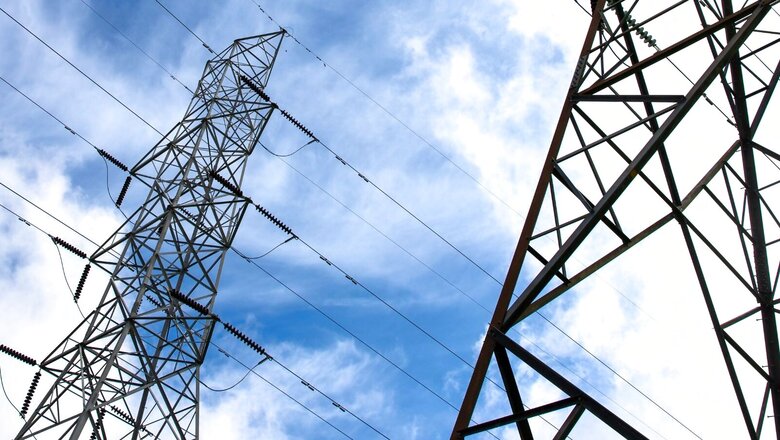
views
State-run Power Grid Corporation of India (PGCIL) is pushing dated technology for connecting smart electricity meters, potentially saddling users with old technology and jeopardising an important reform dear to Prime Minister Narendra Modi.
PGCIL, the central transmission utility, has floated a smart metering tender—the largest such yet—but what they’ve done is specified that it has to be based on obsolete tech, namely 2G and RF mesh.
People familiar with the matter said that modern options have been given short shrift in favour of older technology, with some officials of PGCIL arguing that contemporary technology is unproven. But that will not hold water because Tata Power Delhi Distribution, which supplies electricity in the north and north-west Delhi, last year chose the latest platform and connectivity technology– Narrow Band Internet of Things (NBIoT). This technology can work with 4G and 5G networks.
Auctions for the 5G spectrum concluded recently, and India is poised for the launch of ultra-high-speed cellular data services by around October.
Electricity sector reform is an important initiative that is being personally championed by the prime minister, and smart meters are a vital component of power sector reform. If smart metering technology falls prey to myopic decision-making, it could send wrong signals about the power ministry’s commitment to choosing the best alternatives, those aware of discussions around this issue told Moneycontrol.
PGCIL has tweaked the technology criteria in the tender inviting bids for setting up one crore smart meters just days before the bid closes on August 30, industry sources said.
The Ministry of Power launched a new program –Revamped Distribution Sector Scheme (RDSS) which, among other reforms for the beleaguered power distribution sector, aims to roll out smart meters to 250 million customers by 2025.
In March, PGCIL invited bids for the smart meters based on second generation (2G) and RF mesh frequency.
A senior industry official who is closely following the tender said in June that PGCIL appeared to see sense and modified the tender to include NBIoT technology. But there was another revision in the bid criterion on August 18, excluding this technology. The decision to exclude NBIoT was released only on August 22, a week ahead of the last date of bids on August 30.
PGCIL officials could not be reached for comments.
A smart meter collects and tracks the electricity consumption of a unit or a system that it is attached to. Unlike the regular meter, a smart meter sends the data to the power distributor faster and in some instances in real-time, which makes it easier for the supplier to manage the power supply and avoid leakages in the system.
As India executes the world’s largest electricity smart metering programme aimed at reducing electricity distribution losses, the industry is looking at new and cost-effective solutions.
Read all the Latest Business News and Breaking News here




















Comments
0 comment